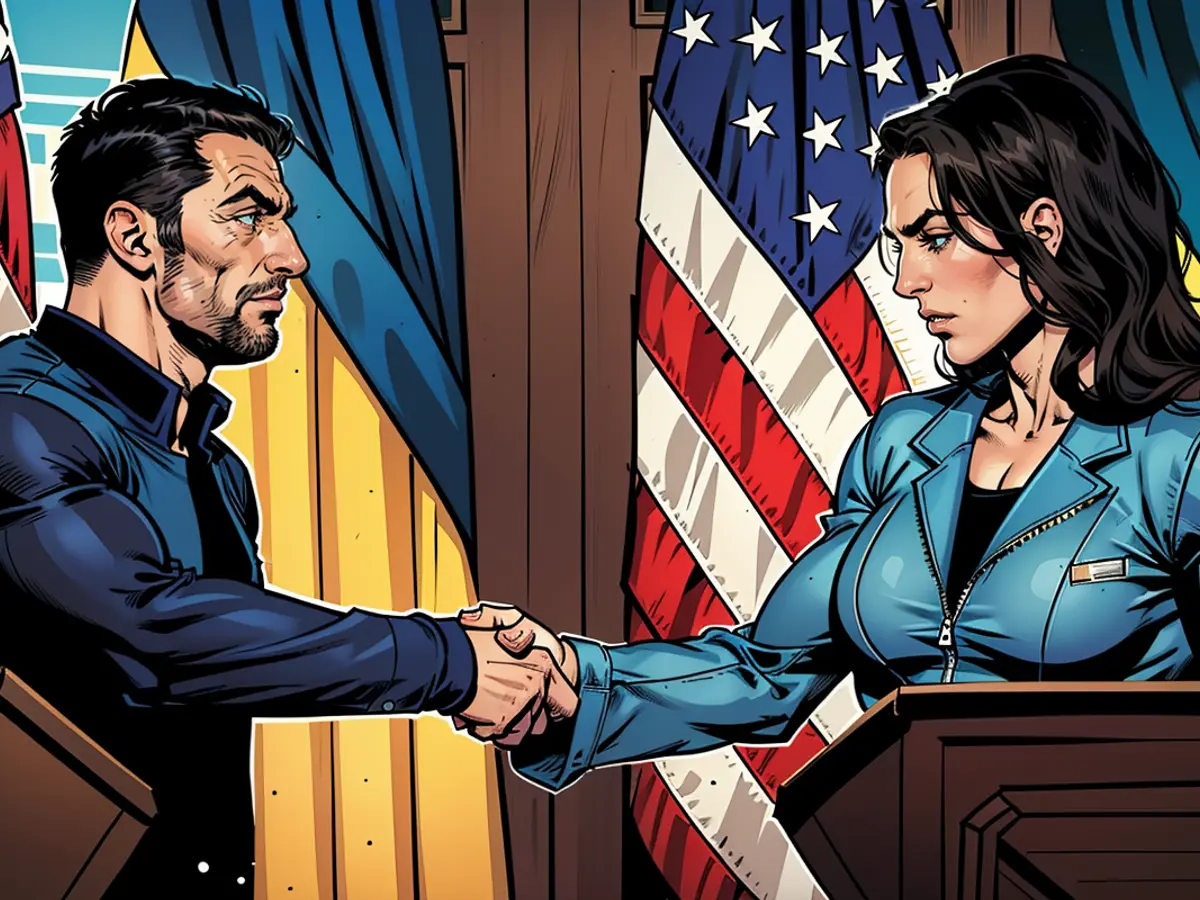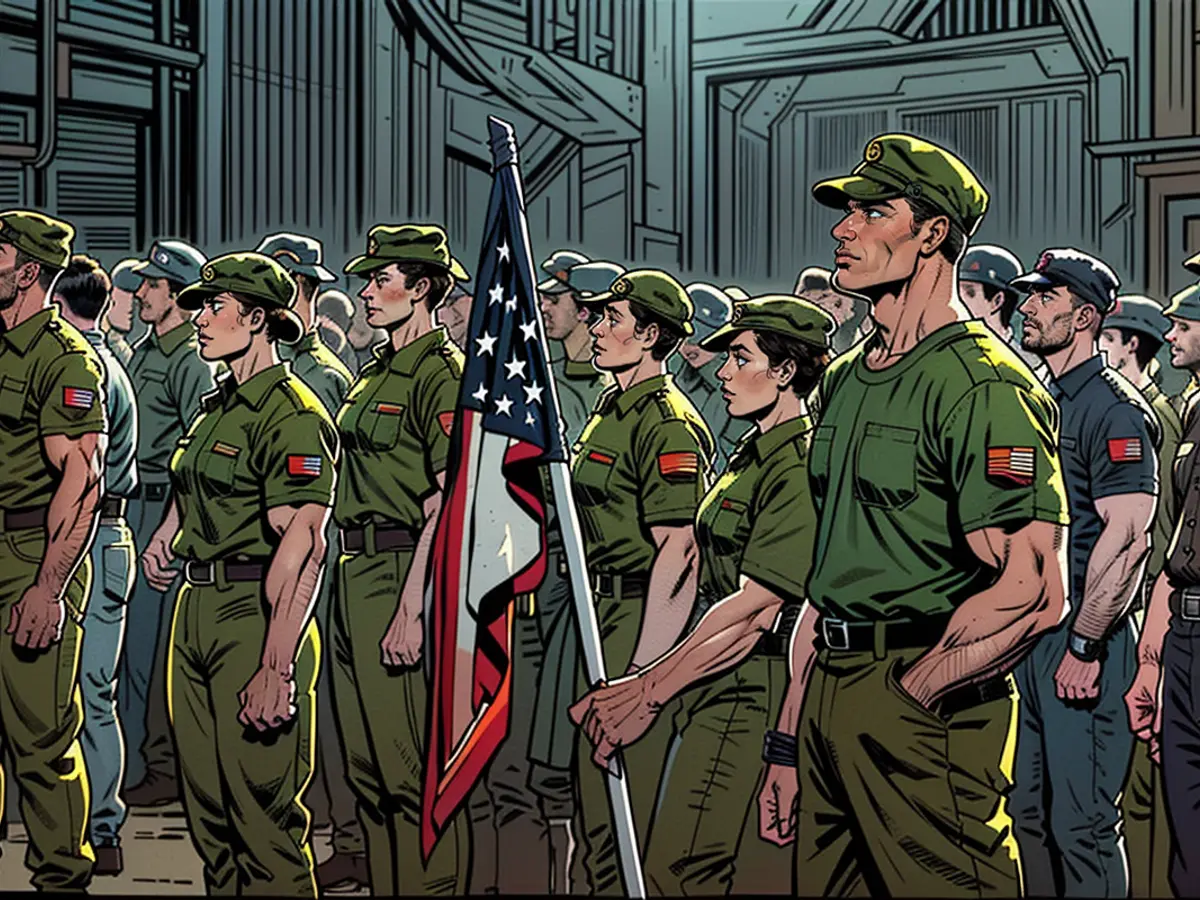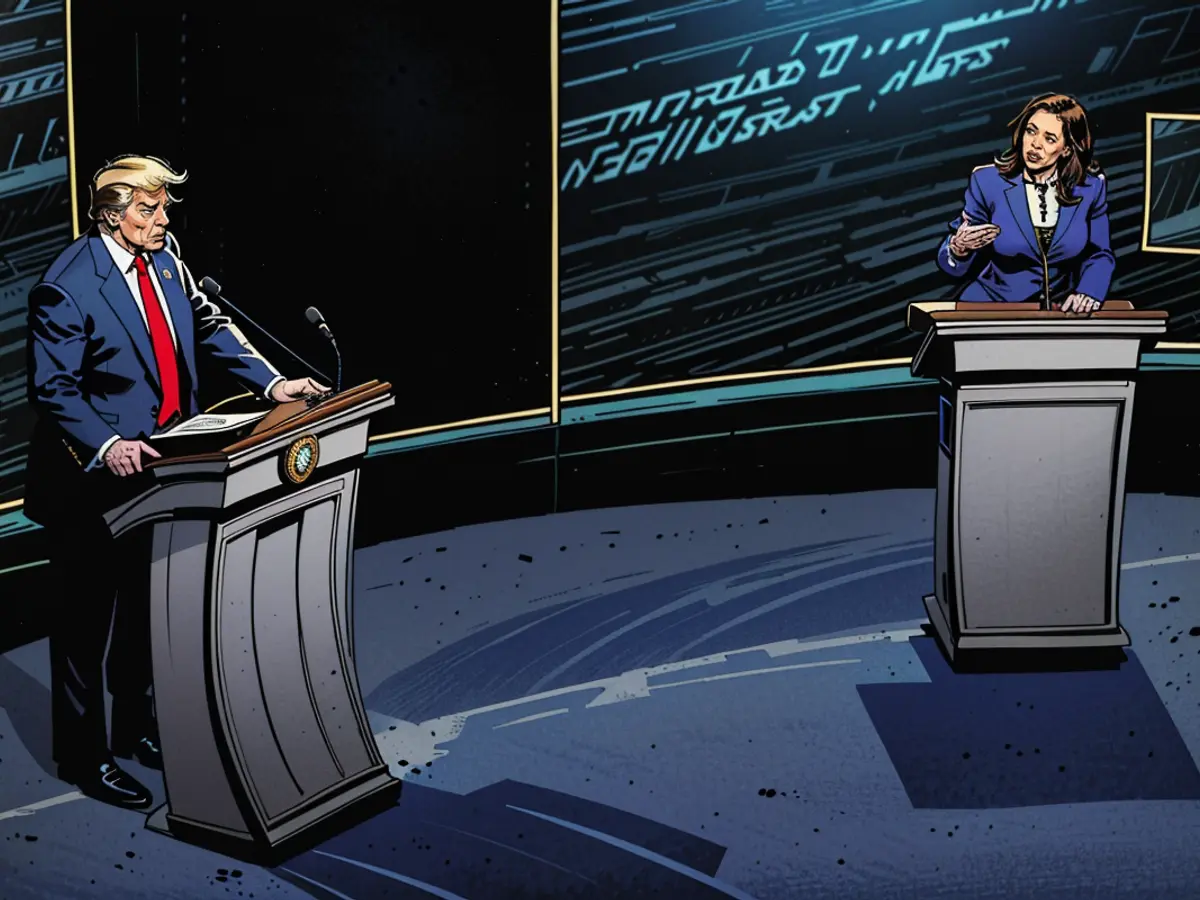Israel's initial disregard for the alleged US-mediated truce agreement in Lebanon fosters ambiguity
In a swift interaction with media outlets right after releasing a common statement, notable government figures congratulated the proposal as a substantial advancement. This proposition involved a 3-week halt in hostilities, which the nations proposed, ensuring sufficient time for diplomacy and potentially averting a full-blown conflict between Israel and Hezbollah.
These authorities made it clear that the question wasn't if Israel and Hezbollah would accept the truce agreement, but rather when. Both parties were said to be acquainted with the terms, and the US felt secure unveiling the framework, with the assumption that both sides were inclined to endorse it.
However, only a few hours later, Israeli Prime Minister Benjamin Netanyahu poured cold water on the international ceasefire plan. At first, the Prime Minister's office disclaimed any imminent ceasefire reports as "inaccurate," asserting the IDF would proceed with its operations with full force.
Later, Prime Minister Netanyahu addressed the media upon his arrival in New York City, asserting his stance: "Our policy, our mission, remains firm: We will continue striking Hezbollah relentlessly. We will not cease until we accomplish all our objectives."
Even after 24 hours since the White House announced the truce proposal, neither Israel nor Hezbollah demonstrated any readiness to commit to it. Israel's response was not in line with the White House's expectations, raising immediate concern about why Israel, apparently in favor of the plan, would so fiercely deny it.
Whispers of domestic politics were circulating in Washington, implying that domestic opposition might influence Netanyahu's stance, as certain right-wing Israeli ministers denounced the US-supported ceasefire.
A US source who claimed the Israeli government was swayed by domestic opposition's negative reaction to the plan expressed disappointment, stating the US would not have publicized such optimism if there weren't strong private assurances from the Israelis that they were prepared to comply with the framework.
The source expressed doubt that negotiations would wrap up soon, emphasizing the anticipated lengthy process. And until Israel makes its intentions public, Hezbollah won't experience any pressure to either.
The confidence in announcing the proposal sourced from the US dealing with Ron Dermer, one of Netanyahu's confidants, in drafting the statement's text. Talks on the truce initiated with a conversation on Monday between Dermer and Biden's national security advisor, Jake Sullivan.
Speaking on Thursday, French President Emmanuel Macron viewed rejected the ceasefire as a mistake, but emphasized that the US needed to strengthen pressure on Israel to comply with the terms.
Netanyahu's apparent U-turn amounted to a significant setback, but for some officials, it underscored a reality that had been a fact for months: Netanyahu's inclination to publicly and openly contradict Biden, especially when confronted with internal opposition within Israel.
Initial reactions pointed to the harsh reception to the plan from right-wing Israeli ministers, whom Netanyahu relies upon to maintain his governing coalition.
Absent any definite answers, White House officials were inundated with press inquiries throughout Thursday, with no clear responses.
White House press secretary Karine Jean-Pierre claimed the multi-nation statement was "indeed coordinated with the Israeli side." Discussions between negotiating parties in New York were "still ongoing," she continued, but failed to explain why Netanyahu and his office appeared indifferent to agreeing to the temporary ceasefire.
White House spokesman John Kirby acknowledged, albeit reluctantly, that he had no viable explanation for Netanyahu's comments. "I cannot speak for Prime Minister Netanyahu, I cannot explain his rationale," he told reporters.
"What I can tell you is that the statement we drafted last night was not crafted in a vacuum," Kirby added. "It was done after meticulous consultation, not only with the signatories of the pact, but also Israel."
Kirby admitted that the plan would not have been disclosed on Wednesday night if the US had not believed Netanyahu and his government were on board.
For the time being, administration officials continue to assert that discussions are ongoing and expressed hope that announcements could come within hours. Secretary of State Antony Blinken held top-level talks with Israeli officials in New York on Thursday afternoon.
Dermer and Israeli Ambassador Michael Herzog were evasive when asked by CNN preceding that meeting if they would endorse the ceasefire agreement between Israel and Hezbollah.
Dermer quipped that "less is more" when speaking from a diplomatic standpoint, and pointed out that their day of meetings was merely getting started.
The whispers of domestic politics in Washington suggested that domestic opposition could influence Netanyahu's stance on the US-supported ceasefire, potentially causing tension between the two nations in the realm of politics. Despite the US believing they had strong private assurances from Israel, the Israeli government's stance on the truce proposal remained firm, leading to a significant setback in the negotiations.







